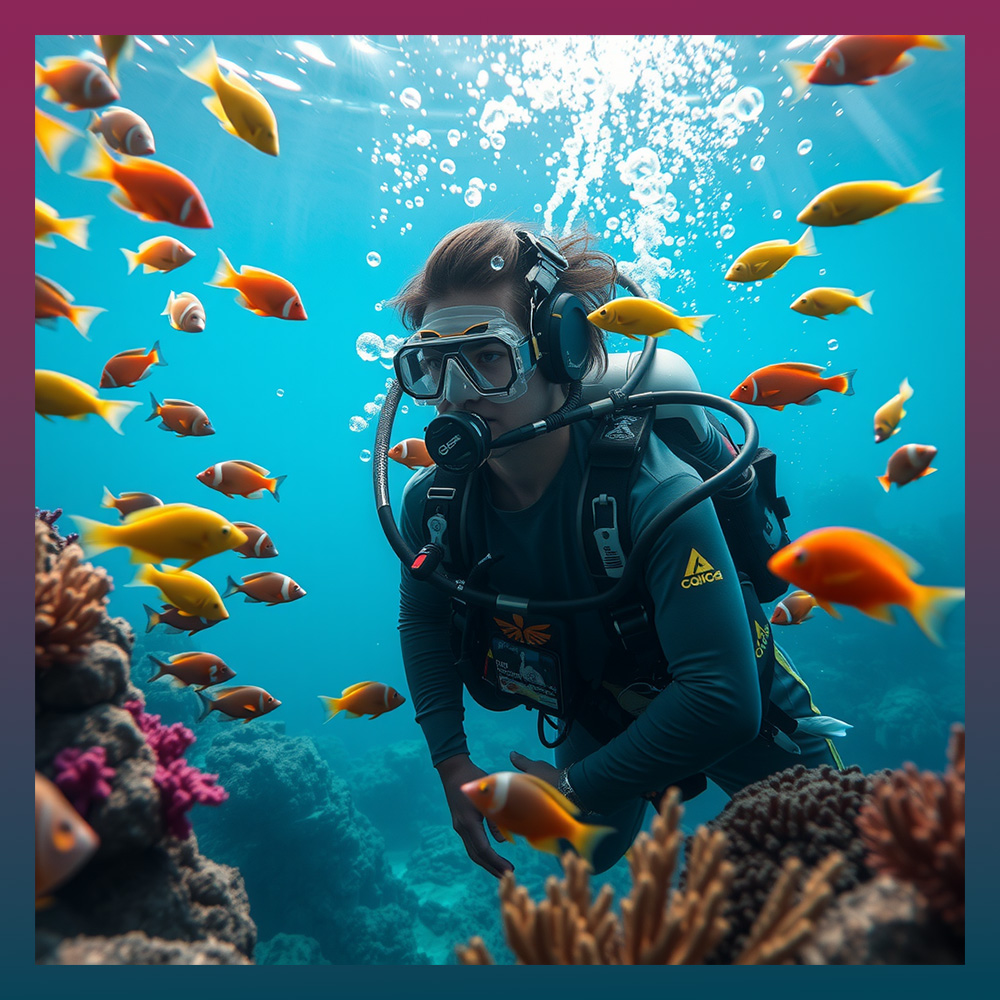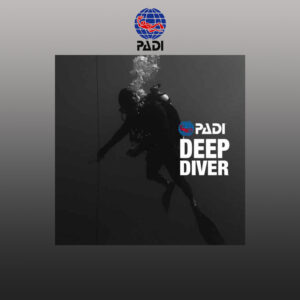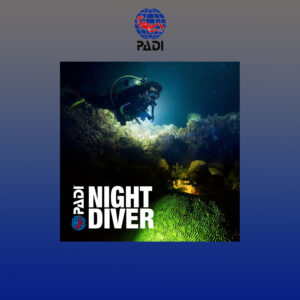Diabetes and Scuba Diving: Guidelines and Recent Studies for Safe Underwater Exploration
|| ScubaLiveTV || Insights || Actuality || Interviews || TV Web || History || Scuba Diving || Freediving || Video collection || Nature and Environment || Collaborate with us ||

For many years, the medical community discouraged scuba diving for people with diabetes, considering it too risky. However, thanks to scientific studies and advanced protocols, this perspective is changing. Discover how diabetes is no longer a barrier for those dreaming of exploring the underwater world, thanks to precise guidelines and innovative technologies.
Diabetes and Diving: Why the Change?
Diabetes is a condition that affects the endocrine system, influencing the production of insulin and glucagon, the hormones that regulate blood sugar levels. In 2015, it was estimated that 415 million people worldwide were living with diabetes, a number expected to rise to 642 million by 2040.
But does this mean that diabetics cannot dive? Absolutely not!
There are two main types of diabetes:
- Type 1 Diabetes: The pancreas does not produce enough insulin, making regular injections necessary.
- Type 2 Diabetes: The body’s cells do not respond properly to insulin, often manageable with diet, exercise, and medication.
In the past, doctors advised against diving for diabetics due to the risks associated with hyperglycaemia (high blood sugar levels) and hypoglycaemia (low blood sugar levels), which can lead to loss of consciousness or serious complications underwater. Today, however, with the right precautions, diving has become accessible even for those living with this condition.
- PADI EFR CARE FOR CHILDRENPADI Care For Children Course: A Comprehensive Guide to Children’s Safety The PADI Care For Children Course is an essential resource for addressing risks and dangers not only in the
- PADI Project AWARE Specialist – Protect aquatic environmentsDescription: Want to make a difference in protecting global aquatic resources? Enroll in the Project AWARE Specialist course and become part of a global force of scuba divers and water
- PADI Discover Scuba DiverDescription The PADI Discover Scuba Diving course is an introductory experience to scuba diving that is ideal for those who want to try this activity without necessarily having to take
The Risks and How to Manage Them
The main risks for diabetic divers are related to blood sugar levels:
Hyperglycaemia (High Blood Sugar)
- Symptoms: Excessive thirst, frequent urination, dry skin, hunger, blurred vision, nausea, drowsiness.
- Precautions: Monitor blood sugar before and after diving, avoid high-glycaemic foods before diving.
Hypoglycaemia (Low Blood Sugar)
- Symptoms: Shaking, rapid heartbeat, sweating, dizziness, anxiety, weakness.
- Precautions: Always carry glucose gel or sugary drinks and check blood sugar regularly.
Scientific Studies and Innovative Technologies
Research conducted by DAN Europe (Divers Alert Network) has shown that, with constant monitoring, diabetic divers can dive safely.
- Real-Time Monitoring: The use of waterproof glucometers allows divers to check blood sugar levels during the dive, reducing risks.
- Promising Results: Studies on 26 dives showed no significant differences in blood sugar levels before, during, and after diving, provided the right precautions are followed.
Guidelines for Diabetic Divers
Here are some practical tips for safe diving:
- Consult a Doctor: Before starting, speak with a doctor specialised in diabetology and dive medicine.
- Monitor Blood Sugar: Check sugar levels before and after each dive.
- Carry Glucose Gel: Keep it handy in case of hypoglycaemia.
- Avoid Excessive Depths: Limit dives to less than 30 metres to reduce the risk of confusing nitrogen narcosis with hypoglycaemia.
- Eat Slow-Digesting Carbs: Before diving, opt for foods that maintain stable sugar levels.
- Use a CGM (Continuous Glucose Monitor): Consider using devices for continuous blood sugar monitoring.
- Respect Limits: Avoid dives longer than 60 minutes and challenging sea conditions.
Conclusion: The Sea is Accessible to Everyone
Thanks to advances in medicine and technology, people with diabetes can now safely experience the magic of scuba diving. With the right support, training, and attention, the sea is no longer an unattainable dream.
The message is clear: Diabetes and diving? Simply yes!
Diabetes #ScubaDiving #Safety #DiveMedicine #DANEurope #BloodSugarMonitoring #PassionForTheSea
If you need help, you can check out our FAQs or open a Ticket here.
If you prefer, you can use the form below to send us a quick message.
|| ScubaLiveTV || Insights || Actuality || Interviews || TV Web || History || Scuba Diving || Freediving || Video collection || Nature and Environment || Collaborate with us ||













